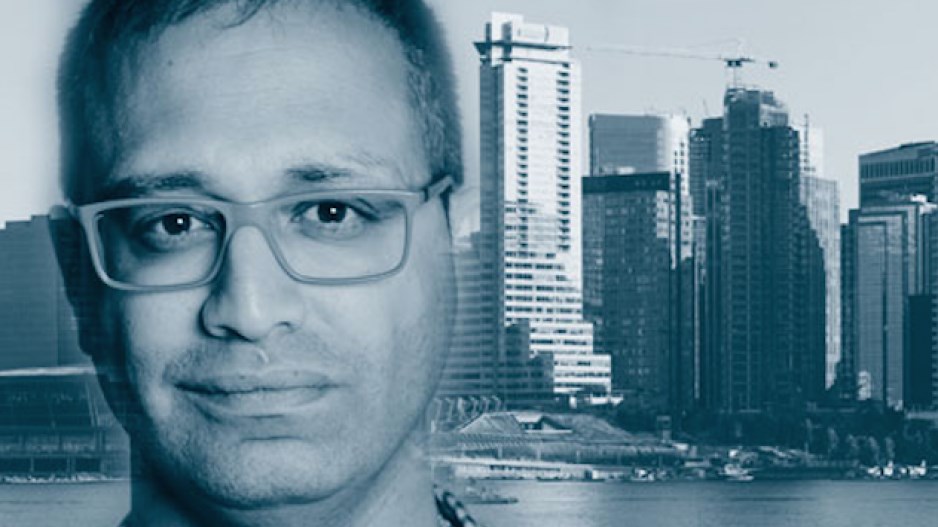Vancouver is at a watershed moment in its history. With over 50% of the world’s population now living in cities, and with the majority of Canadian GDP concentrated in a few urban centres, the challenges of city growth have been, and will be, a critical area of focus over the next decade.
If you’ve been keeping up with the council meetings, you have no doubt noticed the diversity of opinions from our city councillors – but also a strong appetite to listen. The Downtown Vancouver Business Improvement Association (DVBIA) has had the opportunity to meet the new councillors one-on-one, and it’s clear that they are all incredibly passionate and devoted to the health and vitality of our city. They have been on the job for just over four months now, and through the variety of backgrounds that they represent it seems likely that we will see some lively debate, with councillors standing up for motions that reflect their diverse priorities. However, even given the diversity of opinions, one thing they all seem to agree on is that there should be a clear, coherent vision for Vancouver.
Among the motions that have come to council these last few months, we have already seen several that deal with Vancouver’s future city plan. From temporary modular housing to transit to the activation of public space, the conversation around land use in our city is now more critical than ever. It’s now time for our new council to focus on developing a city plan that meaningfully brings together all aspects of Vancouver’s land use, including housing affordability, placemaking, mobility, sustainable growth and, last but certainly not least, economic development and job growth.
It’s time to rethink the standard “neighbourhood plan” model that Vancouver has followed for decades. Rather than focusing on the nuanced strengths and challenges of a specific area, we need to start to see Vancouver as a whole. A comprehensive city plan will likely take years to build and execute, but it will be an exercise that leaves a lasting legacy. And as our city council begins this process, it is my hope that they realize the importance of starting with an engagement process that speaks to and engages our city’s youth – the next generation of civic and business leaders.
I’ve written before that a new city plan will have the ability to unite our diverse neighbourhoods; I still strongly feel that this is the case. With the demand for land reaching new heights every day, Vancouver must be strategic and holistic in its plan for growth. We need to focus on new developments that improve public health and housing affordability in vastly different neighbourhoods. Parks, community centres and daycare facilities – which are often very limited, especially in the downtown core – must be strategically planned with the whole city in mind to make the most impact. The big picture is what matters, and we have an amazing opportunity to shape our future with a comprehensive, complete and inclusive plan.
Our city is thriving, but with the growth and prosperity that we consistently experience, there also comes a host of other challenges. A holistic city plan can address issues far beyond what one might associate with simply “land use.” Housing affordability, homelessness and community safety consistently rank among the top concerns that we hear from members of the DVBIA, all of which would benefit from a city plan that examines the larger vision for Vancouver. Citywide issues need to have citywide supports, and every neighbourhood can be a part of the solution.
It has been refreshing to see our new city council collaborating across party lines and addressing our city as a whole. They should be commended for working together towards a stronger and more cohesive Vancouver. •
Gary Pooni is president of Brook Pooni Associates, a Vancouver-based urban planning firm, and board chairman of the Downtown Vancouver Business Improvement Association.




